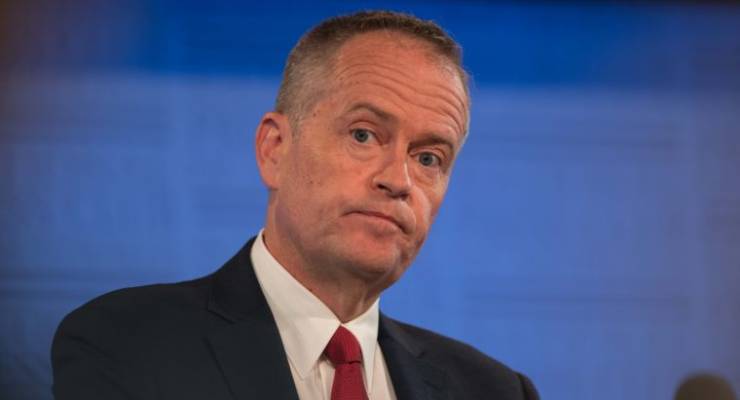
Crikey readers took their time debating the implications of Labor’s new energy policy — which Bernard Keane suggests is a rejection of proven market-based solutions. Many were unconvinced that this is the end of Labor’s climate strategy. Meanwhile, readers dug into the reckoning being felt by banking and financial services boards (also Keane, writing with Glenn Dyer).
Plus, a correction: a piece published yesterday on micro-party preferencing in Victoria stated that the Animal Justice Party had preferenced Derryn Hinch’s Justice Party ahead of everyone else in the Northern Metropolitan region. This is incorrect; the party is preferencing Health Australia, Fiona Patten’s Reason Party, Voluntary Euthanasia, and Victorian Socialists before the Justice Party.
On Labor’s climate concessions
Asking for a Friend: Look, it’s a bloody start. They can introduce a tax later. But if they ran on market-based plans now they’d get demolished by the Abbott “great big tax” line that was so damaging last time. Let them win an election and ramp things up from there. At least they have a plan. It’s not a good plan, but it’s a lot better than the government’s got.
Sprinter writes: Somewhat disappointing that Labor are (apparently) not reinstating the ETS, which delivered the biggest emissions reductions for reasonable cost to the community. It is nonetheless a true observation that using government revenues to pay for reform programs is somehow seen by many voters as a “no cost” option. After all, the electorate totally bought Tony Abbott’s so-called “positive action” plan, without ever once considering where the funding was going to come from. They chose not to concern themselves over the cutbacks in government services that would inevitably be needed to pay for the program.
Roger Clifton writes: ALP committing the government to provide generating capacity is exactly the right way to go. Only with central generation can we look to the total replacement of fossil fuels. That commitment to supply will be needed for the electrification of transport, synthesis of fuels, reduction of metals and cement production.
Johnb writes: This conceding of political space and argument is how the US and UK have finished up where they are, in political disarray and a political class divorced from the reality of the world most of us are living in. You can easily see the political jostling and emergent populism seeking to fill that space here in Oz.
On the reckoning felt by financial services boards
Peter Wildblood writes: It has always interested me how many “lessons” we learn over the years and then cast away for no apparent reason other than, perhaps, self interest and short-term expediency. A study (Collins & Pouras: Built to Last) 24 years ago looked over a 50-year period at the performance of 15 “visionary” companies in various industries.
Over the 50 years the comparison companies outperformed the stock market overall by a factor of two; the leading companies did so by a factor of five. The characteristics of the leaders: visionary practices and a culture that put customers first with staff next, then management and finally shareholders. Funny that!
Sean Arthur writes: I can’t help but feel that once the dust has settled on the banking royal commission, and perhaps after the LNP have cooled their heels in opposition for a cycle or two, we will find ourselves right back where we started.
Send your comments, corrections, clarifications and cock-ups to boss@crikey.com.au. We reserve the right to edit comments for length and clarity. Please include your full name.







Crikey is committed to hosting lively discussions. Help us keep the conversation useful, interesting and welcoming. We aim to publish comments quickly in the interest of promoting robust conversation, but we’re a small team and we deploy filters to protect against legal risk. Occasionally your comment may be held up while we review, but we’re working as fast as we can to keep the conversation rolling.
The Crikey comment section is members-only content. Please subscribe to leave a comment.
The Crikey comment section is members-only content. Please login to leave a comment.